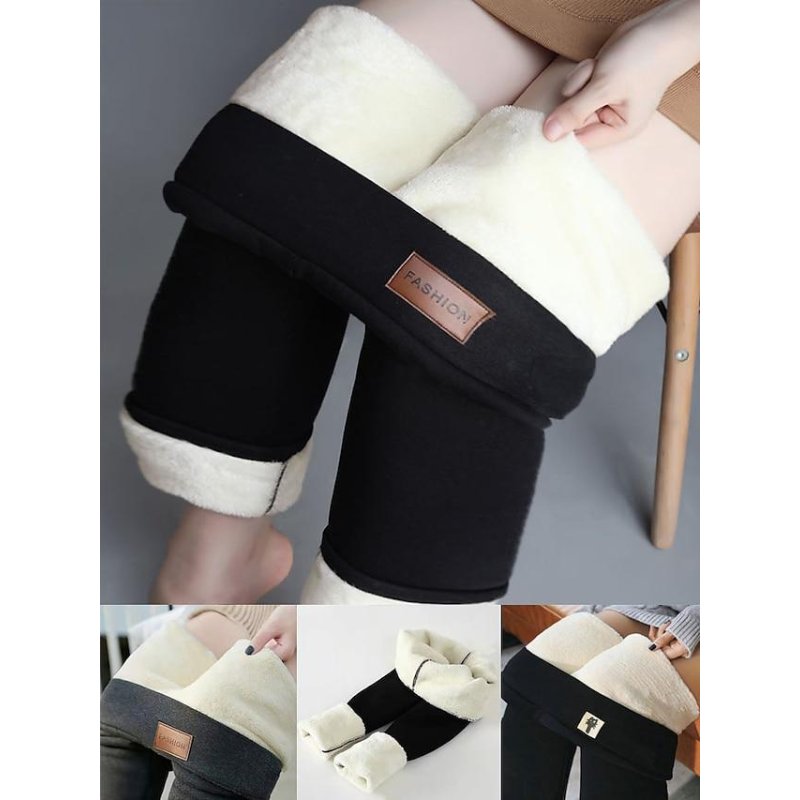Tag: fashion, clothing, society, influence
Fashion has long been an integral part of modern society and plays a significant role in shaping people’s lives. From clothes and accessories to hairstyles and makeup, fashion has the power to transform individuals’ appearance and even their behavior.
The history of fashion dates back centuries ago when humans first began adorning themselves with animal skins and plant materials for protection from harsh weather conditions. However, over time, clothing evolved to become more than just a basic necessity but a means of self-expression.
Today, the global fashion industry is worth trillions of dollars and continues to grow rapidly. With the rise of fast-fashion brands like Zara and H&M, consumers are constantly bombarded with new trends at affordable prices. This phenomenon has led to a culture where buying new clothes regularly is seen as necessary rather than indulgent.
Moreover, social media platforms have also played a significant role in spreading fashion trends worldwide. Influencers on Instagram showcase their stylish outfits daily, influencing millions of followers who strive to replicate their looks. As a result, people are constantly under pressure to keep up with ever-changing fashion standards.
The impact that the fashion industry has on our environment cannot be ignored either. The production process involves large amounts of resources such as water and energy while creating pollution through chemical dyes used in textile manufacturing. Fast-fashion’s demand for constant turnover also leads to excessive waste generation as old or unsold items end up in landfills.
However, despite its negative effects, it cannot be denied that fashion also brings about positive changes in society. The rise of sustainable and ethical fashion brands aims at reducing environmental damage while promoting fair labor practices within the industry.
Additionally, various movements within the realm of fashion have challenged traditional beauty standards by promoting diversity and inclusivity through inclusive sizing options and using models from different backgrounds.
In conclusion,fashion goes beyond just clothing; it is a reflection of our society and its values. It has the power to influence individuals and shape cultural norms. As consumers, we must be mindful of the impact our fashion choices have on ourselves and the world around us. Let’s strive for a more sustainable, inclusive, and ethical fashion industry that benefits both people and the planet.

